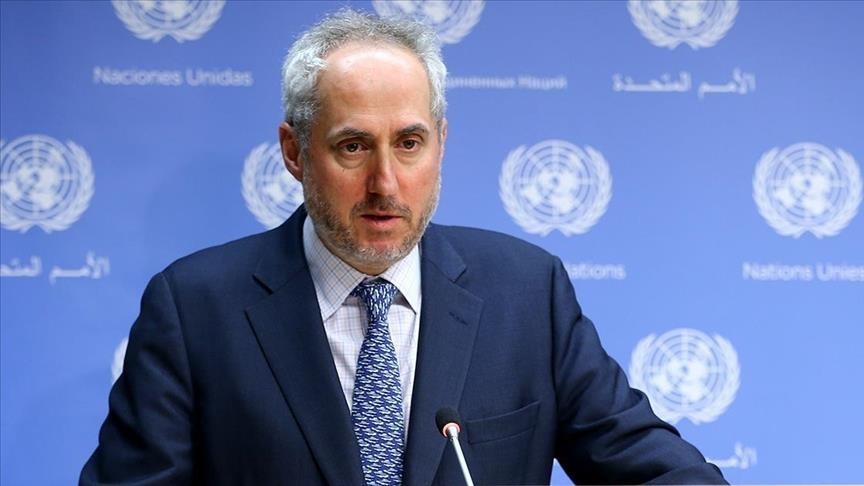Turkey warns of Muslim backlash if EU says ‘no’
However, in an interview with the Wall Street Journal, Erdogan also said he was confident EU leaders would agree at a summit in December to open long-delayed entry talks with Turkey.
"Turkey can no longer be kept waiting at the doorstep. … If the EU does not want to be viewed as a union of geography or as a Christian club they have to give us a date," he was quoted as saying.
"(If rejected), my people’s … attitude toward the West will change. … (The wider Muslim world) will say the West is not ready to integrate with people who do not share the same faith with them."
Financial markets are watching closely Turkey’s efforts to reform its economy and political system ahead of the December decision. The European Commission is due to publish a report in October which will form the basis of the leaders’ verdict.
Erdogan’s government has won praise from the EU for a recent flurry of human rights reforms, though some member states remain wary of admitting a relatively poor country of 70 million people whose eastern borders extend to Iraq and Iran.
If the EU does begin talks with Turkey, Erdogan said, the Muslim world "will see that the clash of civilizations is not a reality but that harmony of civilizations is a possibility."
The idea of a clash of civilizations was promoted in a book by American academic Samuel Huntington.
Turkish President Ahmet Necdet Sezer on Friday approved a key package of constitutional amendments designed to bring Turkey into line with European Union requirements.
Sezer was widely expected to sign the package, which had won strong backing from opposition lawmakers as well as from the ruling Justice and Development Party.
The package includes abolition of State Security Courts used to try political and security-related crimes and the removal of military representatives from boards overseeing higher education, radio and television.
It also enshrines the legal equality of men and women for the first time, gives Parliament full control over the military budget and removes all residual references to the death penalty, scrapped by Turkey in an earlier reform package.
The package will become law once it is published in the official gazette.
Sezer is also due to decide the fate of a more controversial government reform package on higher education in coming days.
A staunch secularist, Sezer is expected to veto that package, which Turkey’s powerful military and bureaucratic establishment fears will boost the role of Islam in education.
The reforms aim to ease restrictions on students from religious vocational schools entering university.
On Friday, several Turkish newspapers said the government was showing signs of taking a more conciliatory stance in order to avoid upsetting the markets and hurting the country’s image in the eyes of the EU.
"The atmosphere created by the discussions in Turkey did not create a good picture at a time when we are struggling to meet EU criteria. But this should not be seen as a problem that cannot be overcome," the Hurriyet daily quoted Deputy Prime Minister Abdullatif Sener as saying.



